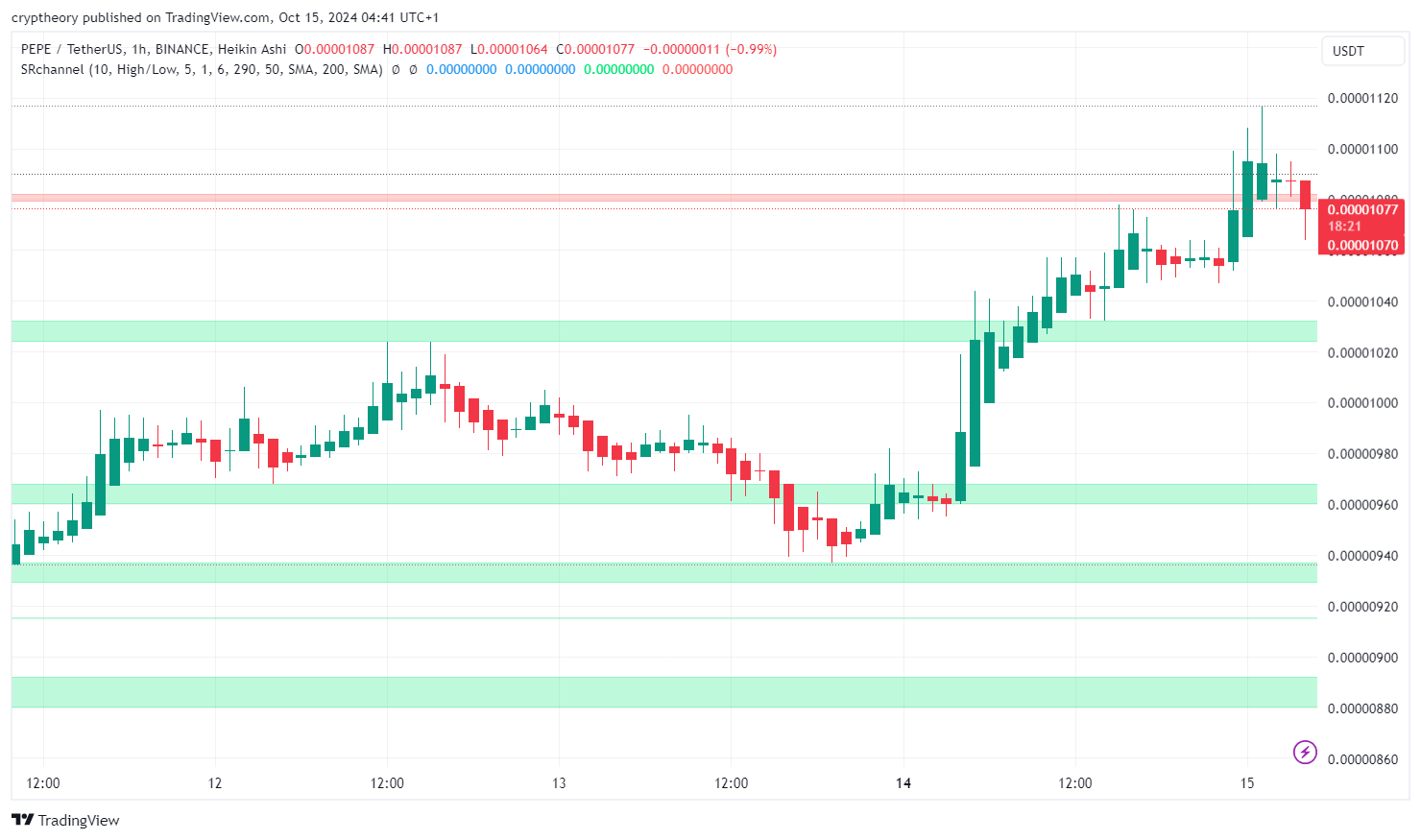In an Oct 29 article in Forbes, reporter Michael Del Castillo shared the details of a leaked slide deck outlining Binance’s operational plans for the United States.
The article alleges that the company planned to create a corporate structure designed to “intentionally deceive regulators and surreptitiously profit from crypto investors in the United States.”
The presentation, dated from 2018 and just before the launch of Binance.US, indicates that crypto’s leading exchange intended to set up a “Tai Chi entity” stateside to draw regulators’ attention while funneling profits to its parent company and not exposing it to enforcement.
As Del Castillo put it,
“while the then-unnamed entity set up operations in the United States to distract regulators with feigned interest in compliance, measures would be put in place to move revenue in the form of licensing fees and more to the parent company, Binance.”
Part of this strategy would reportedly be to teach users how to evade geographic restrictions while “technological workarounds were put in place.” The article made an immediate splash.
Wow. @DelRayMan bringing
to the questions around whether Binance is playing regulatory arbitrage and how — and, for those of you who remember my last interview with @cz_binance — where exactly @binance is headquartered https://t.co/taWjcsI7LX
— Laura Shin (@laurashin) October 29, 2020
Binance’s CZ Responds
For his part, founder Changpeng “CZ” Zhao quickly responded with a series of Twitter statements. He called the article FUD and said that the accusations in the report are incorrect:
“the document was not produced by a Binance employee (current or ex). Anyone can produce a strategy document, but it does not mean Binance follows them.”
He added, “Binance has always operated within the boundaries of the law, and Binance has very strong collaboration with many notable law enforcement agencies worldwide.”
The issue of whether a company employee produced the deck was further called into question by Del Castillo, who responded to CZ’s Twitter thread.
@cz_binance I have an email from your chief compliance officer, dated October 13th, (on which you were cc'ed) informing me that "Harry Zhou is also no longer with our firm." If you'd like to clarify why you're now saying he was never with your firm, I'm here. https://t.co/2FtpD5DEP9
— Michael del Castillo (@DelRayMan) October 29, 2020
CZ’s rebuttal was followed by a video statement from Binance.US CEO Catherine Coley early the next day. Coley was unequivocal in her defense of the company:
“the notion that Binance.US would do anything to undermine the ability of anti-money laundering and US sanctions enforcement to detect illicit activity is patently absurd and directly counter to who we are as people.”
She highlighted a few “factual inaccuracies” in the article, including the fact that Binance.US is not a Binance Holdings subsidiary and has made no payments to the larger entity. Coley also noted that Binance.US had sacrificed growth and revenue in order to “do things right.”
News questioning the credibility of the world’s largest cryptocurrency exchange has, perhaps predictably, been unwelcome in crypto circles. Many dismissed the article as sensationalized journalism in search of clicks.
One Twitter user, who describes himself as a supplier of legalSec audits, summarized well:
“this is a good piece of journalism marred by bad spin. What is being described here is not a law evasion strategy but a plan to comply with U.S. laws in a maximally profitable way rather than to just exit the U.S. market completely — if this is ‘evasion,’ so is most legal structuring.”
The post Binance Responds to Allegations That Its U.S. Arm Is a Scheme to Avoid Regulators appeared first on BeInCrypto.























